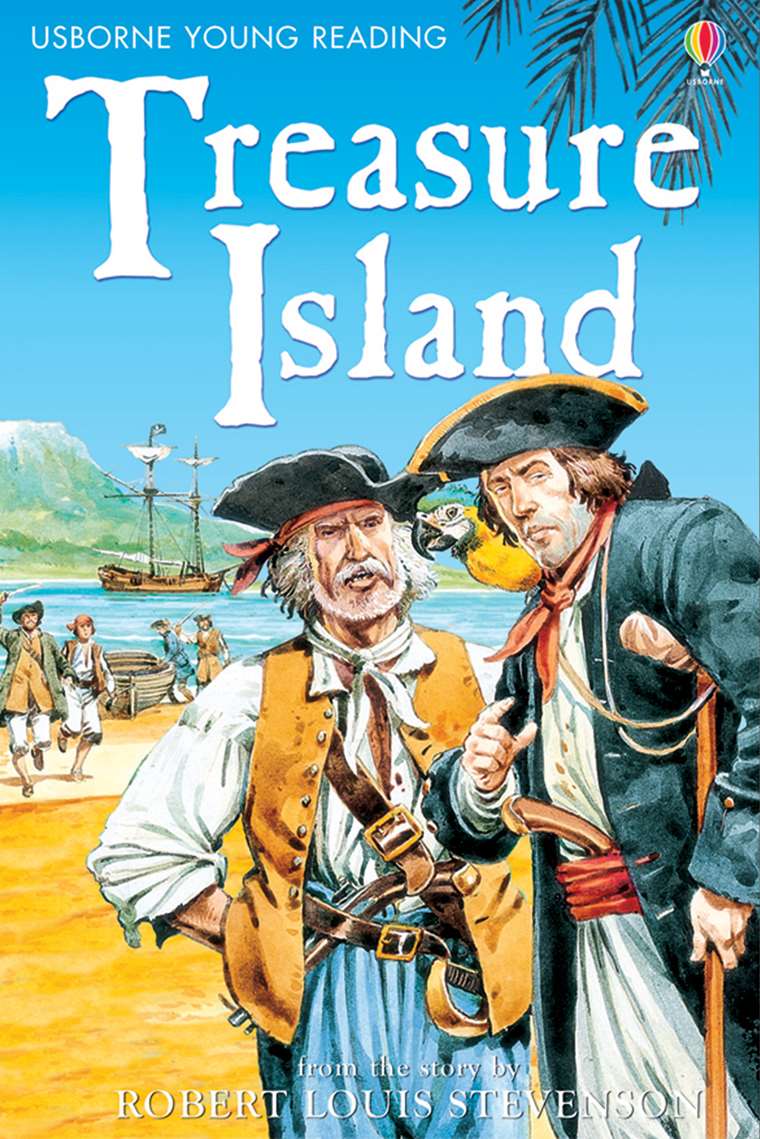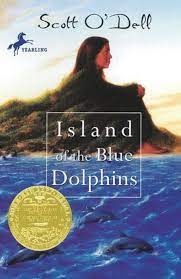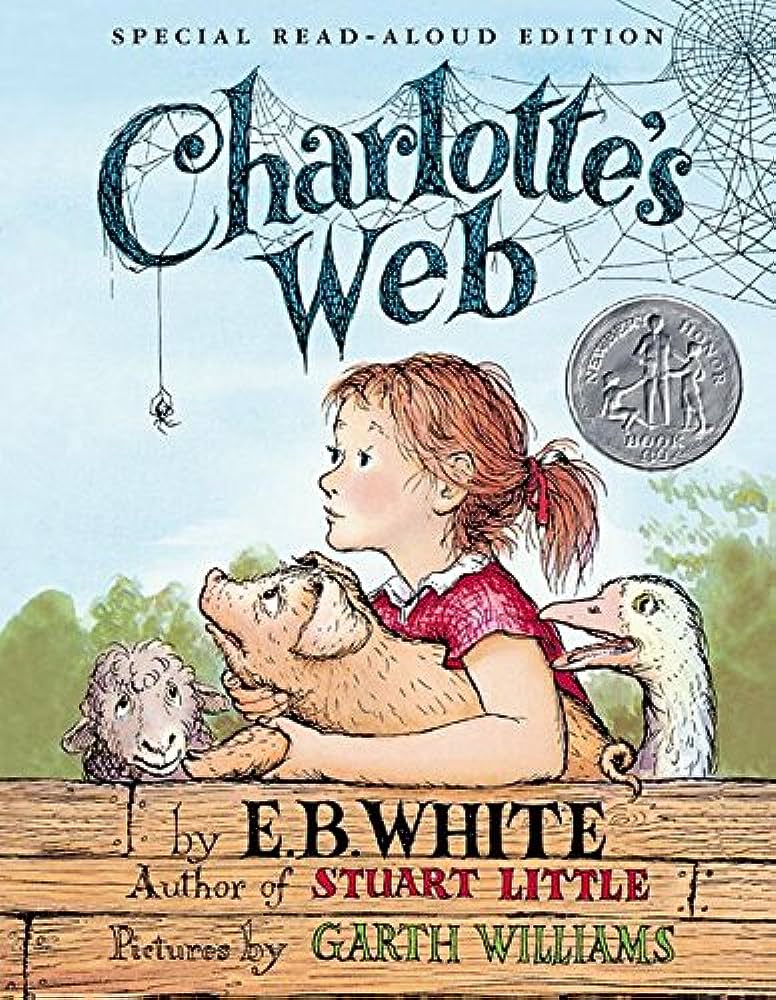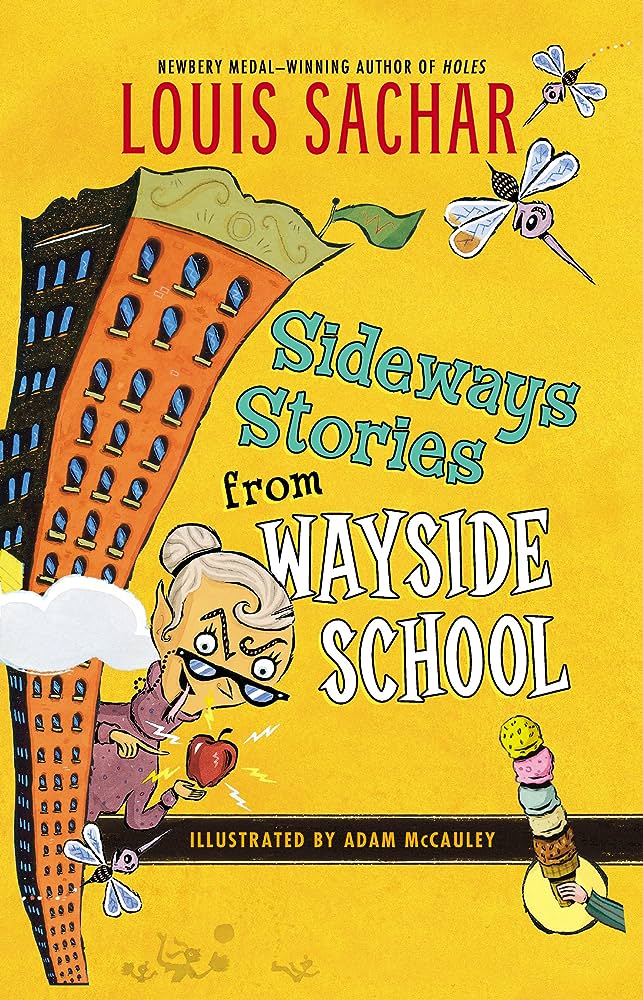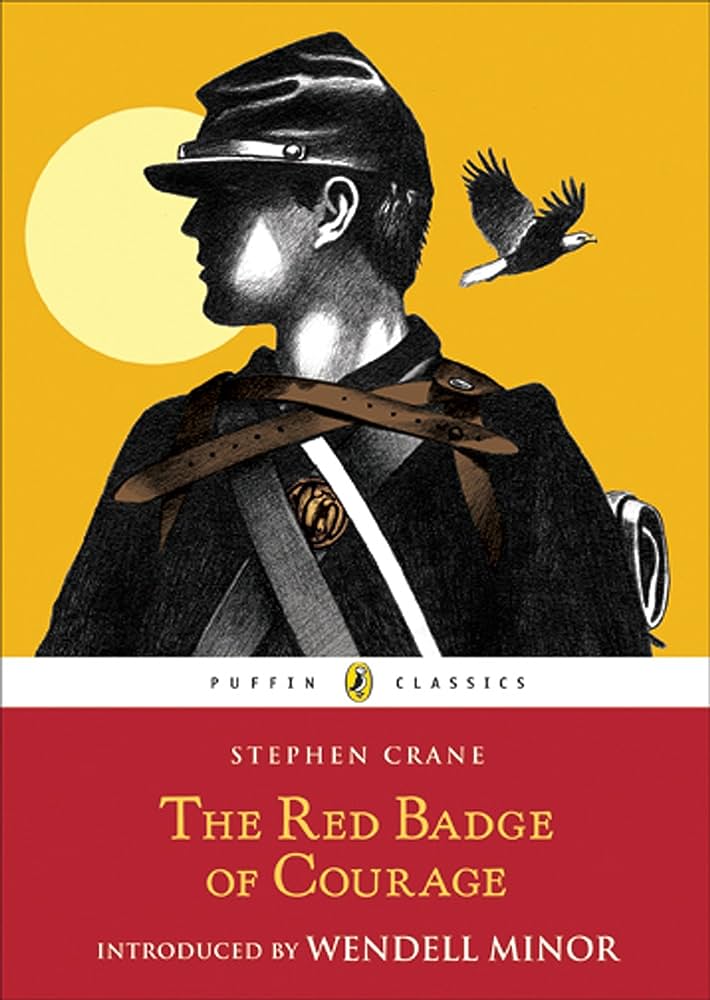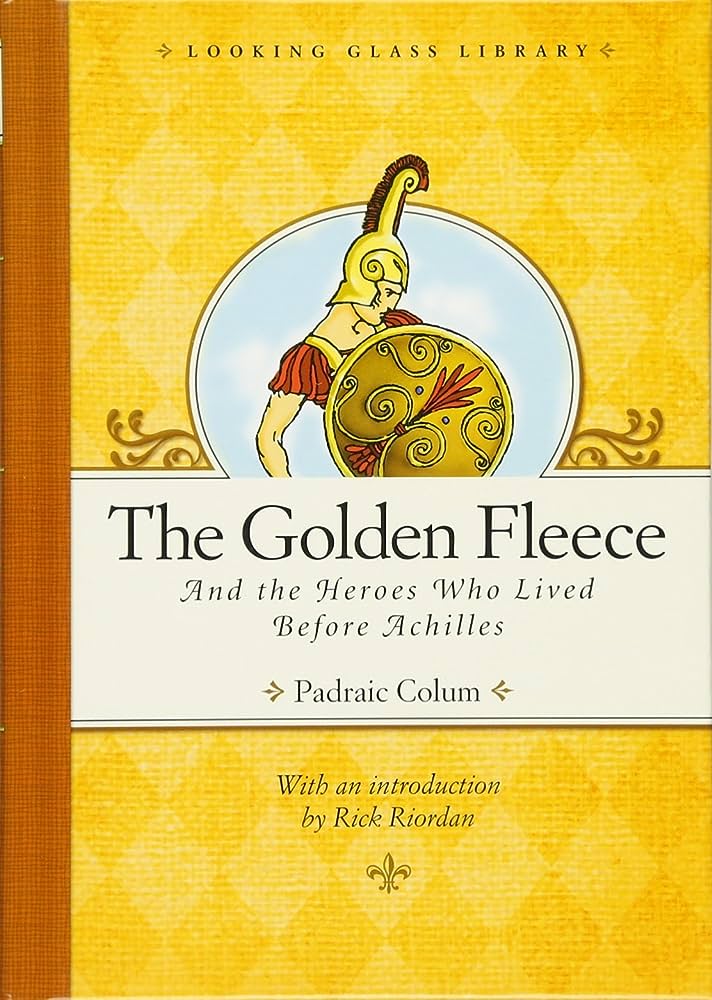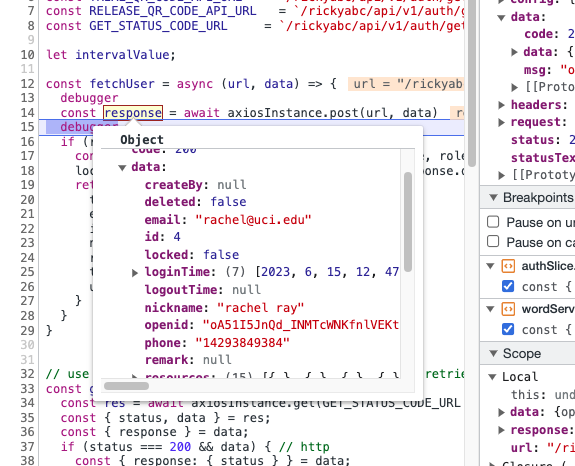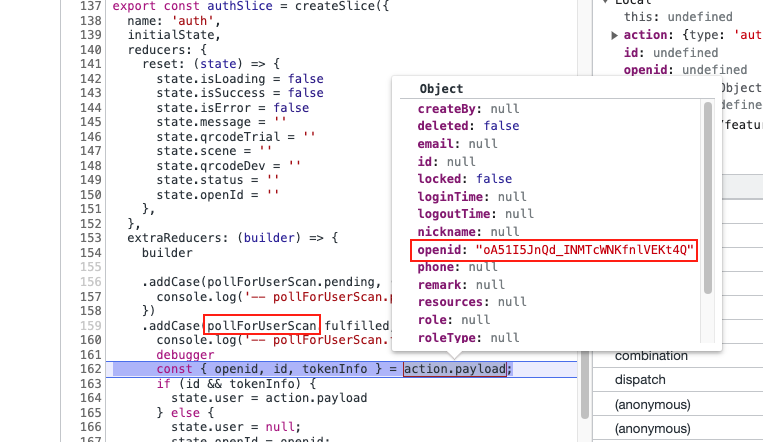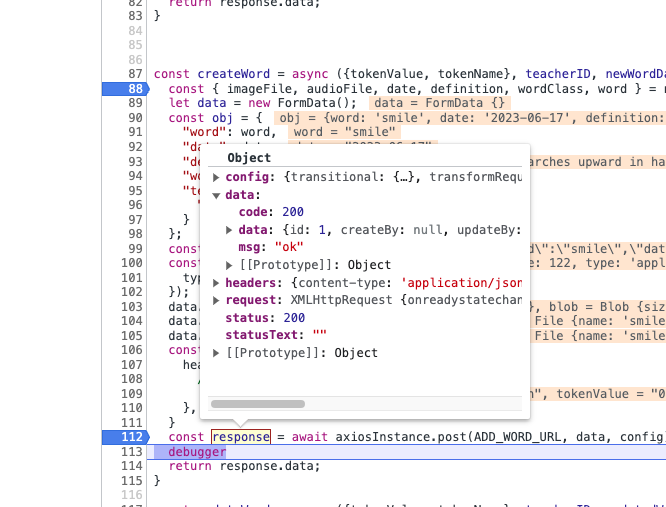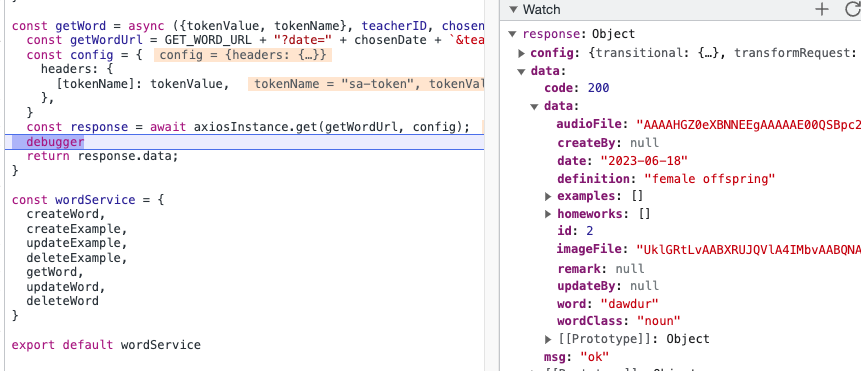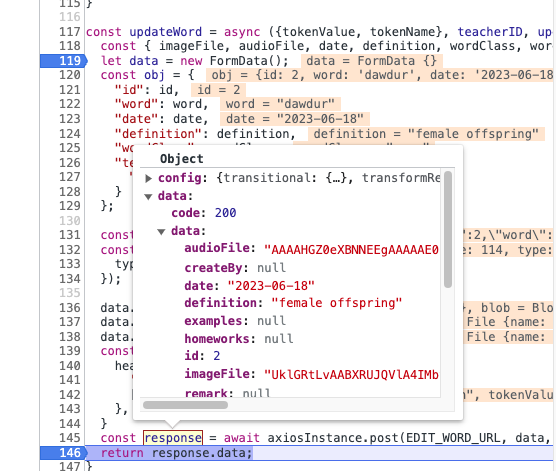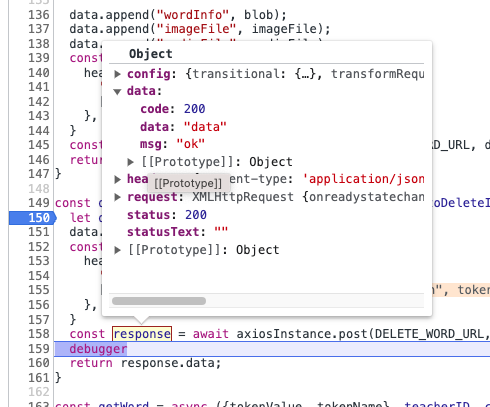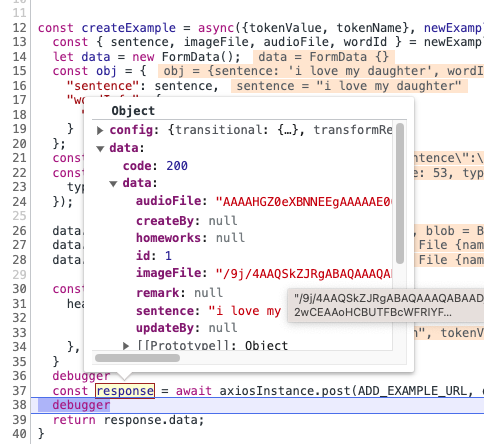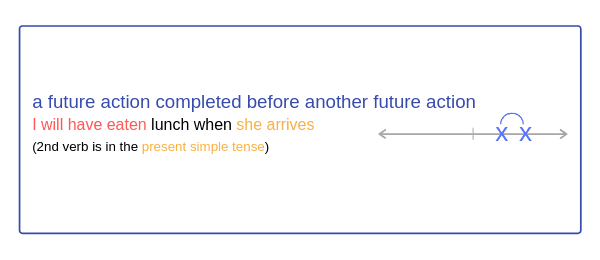Japanese nuclear waterwaste
– Let’s use the word wastewater
(https://www.merriam-webster.com/dictionary/wastewater)
– Capitalize all words except prepositions.
Japanese Nuclear Wastewater
Everybody knows that the Japanese had being setting the nuclear waterwaste in the sea, and it is causing a lot of problems.
1) be-ing (to be) – we use to describe ‘to be’. You are being too nice. He is being such a smartass!
been – past participle of ‘be’. For example, present tense may be ‘be at that place’. But past tense is ‘been at that place.’
2)
Everyone and everybody are interchangeable and mean the same thing. HOWEVER, everyone is more formal than everybody and is used more in writing, while everybody is more common in spoken English. There is no difference in meaning between the two words.
3)
Please use the “Past Perfect Continuous” correctly:
(https://chineseruleof8.com/2023/05/01/past-perfect-continuous/)
subj + [had] + [been] + verb’ing’
Everyone knows that the Japanese had been dumping nuclear wastewater into the sea.
“It is causing a lot of problems” is fine.
But to be even more concise, we can also use “Present Perfect Continuous”: subj + [have/has] + [been] + verb’ing’
It has been causing a lot of problems.
In 2023, July, 22th, the japanese starts to dischargig nuclear water.
in preposition is used for time.
ex: I’ll be there in 5 minutes, I’ll wash the dishes in thirty minutes, I’ll do my homework in an hour.
When we’re talking about dates, use ‘on’.
I was born on June 8th, 1920.
When you refer to a past date, we youse simple past.
On July 22nd, 2023, the Japanese started to discharge nuclear wastewater.
By doing this it could cause many problems, for example lead to animal distinguish, and it could pollute the whole pacific Ocean.
We need to continue the past tense. Also, try not to put so much information in one sentence. Keep it simple.
By doing this, it caused many problems.
When we’re talking about potential situations, use simple present.
For example, it can kill off marine life, and pollute the Pacific Ocean forever.
Animals and huams could be highly effected by this.
adverb usage incorrectly. We say highly effective. But affected, like affection, should be used with ‘deeply’.
Animals and humans could be deeply affected by this.
In July 24th the amount of nuclear water being sent in ocean is four-hundred and sixty tons, to this amount the japanese will keep sending it in ocean for thirty years.
Use present perfect.
On July 24th, the amount of wastewater dumped into the ocean has already reached four hundred and sixty tons.
The Japanese will keep dumping for the next thirty years
So why did japaneses chose to distinguish it in the ocean?
Let’s plan to go over the preposition ‘into’ for a future lesson.
https://www.grammar-monster.com/easily_confused/into_onto_up_to.htm
So why did the Japanese choose to dump it into the ocean?
At first the japanese had a soultion of this nuclear waterwaste problem and their solution is by building many water storage tanks.
Break apart your idea into simpler ideas. Use Antecedants to preference subject or objects. (i.e It –> solution)
Make sure your sentence explains itself. (i.e “to store the watewater”)
First, the Japanese had a solution. It was to build numerous water storage tanks to store the wastewater.
But by time goes the japanese are still providing waterwaste, so the amount of storage tank is fulled(1068 water tanks), and the total amount of the nuclear water is over one-hundred and thirty three million tons!
Again, way too much information in one sentence. Let’s break it down.
Use past tense because we’re talking about something that the Japanese have already done.
As time went on, the wastewater kept coming, and the number of storage tanks increased to 1068. The total amount of nuclear wastewater stored in these tanks reached one hundred and thirty three million tons!
The japanese government had different solutions to this problem, but the technical content and the cost is too high so the Japanese government chosed the simplest way and the lowest cost way to solve the problem and it is putting all the nuclear water in the ocean.
Too much info. Please simply your ideas into smaller shorter sentences.
Try to use synonyms that can shorten your sentences.
Also, make sure you explain what that solution is. As a reader, I do not see it.
The next time around, the Japanese government had another solution. However, the costs were astronomical. The Japanese government decided to choose the most inexpensive solution, and that is to dump it into the ocean.
In conclusion the way of the Japanese governmeent solving this problem is very unresponsible, becuase if this large amount of nuclear waterwaste bein sent into the ocean then it could cause a huge amount of problems to us and to Earth.
In conclusion, the way how the Japanese government dealt with the problem was very irresponsible.
If this much nuclear wastewater is being dumped into the ocean, it will create a great deal of environmental problems for Earth’s future generations.

